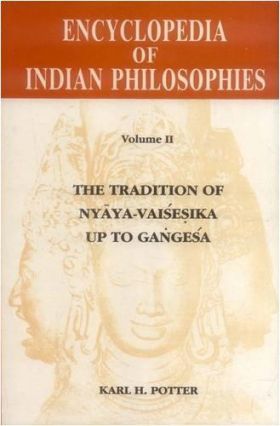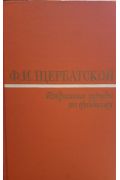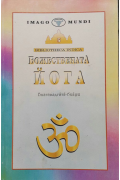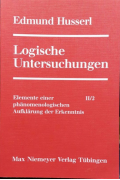A full-scale philosophical system is generally expected to speak to problems in the following areas: metaphysics, epistemology, ethics and theory of value, logic, and philosophical method. The system of Indian philosophy known as Nyāya-Vaiśeṣika is such a full-scale system. Its contribution in each and every one of these areas is extensive, interesting, and usually of fundamental importance, as this introduction will attempt to show.
Metaphysics: Nyāya-Vaiśeṣika offers one of the most vigorous efforts at the construction of a substantialist, realist ontology that the world has ever seen. It provides an extended critique of event-ontologies and idealist metaphysics.
What is the reason for admitting only 7 categories, and why just these 7? The answer lies in the necessities of the constructive enterprise to which I have alluded. Likewise, when we come to look at the list of 9 kinds of substance, 24 kinds of qualities, etc., similar questions are raised and the answer lies again in the manner in which the system can be built up.
The second of the 7 Vaiśeṣika categories is referred to under the Sanskrit term guṇa, and this term is usually translated by the English word “quality.” The implications of “quality,” as that term is normally used in Western philosophy, do not altogether match those ofguṇain Nyāya-Vaiśeṣika, however, since Western philosophers generally think of qualities as repeatable properties, while the Vaiśeṣika guṇa is not repeatable. Thus, in Nyāya a white substance has a particular white guṇa of its own, different from the whiteguṇasof other white substances and whiteness, the universal property, resides in the several white colors...
All systems of Indian philosophy except the Cārvākas accept inference as an instrument of valid knowledge. The science of reasoning (nyāya) is alluded to in very early Indian texts, and the name of the Nyāya school indicates that Indian intellectuals looked to this school as the authority in matters of detail connected with logic. Not that Naiyāyikas had a corner on the subject. Most of the other systems proposed theories in the area of logic and reasoning, and some (notably Sāṃkhya) may well have antedated the Naiyāyikas on certain important points.
- Potter, Karl H.
- Hardcover
Book or product condition in points:
95-100 - like new, in perfect A condition.
80-94 - used, in excellent B condition.
50-79 - used, in good C condition.
30-49 - used, in acceptable D condition.
No posts found





